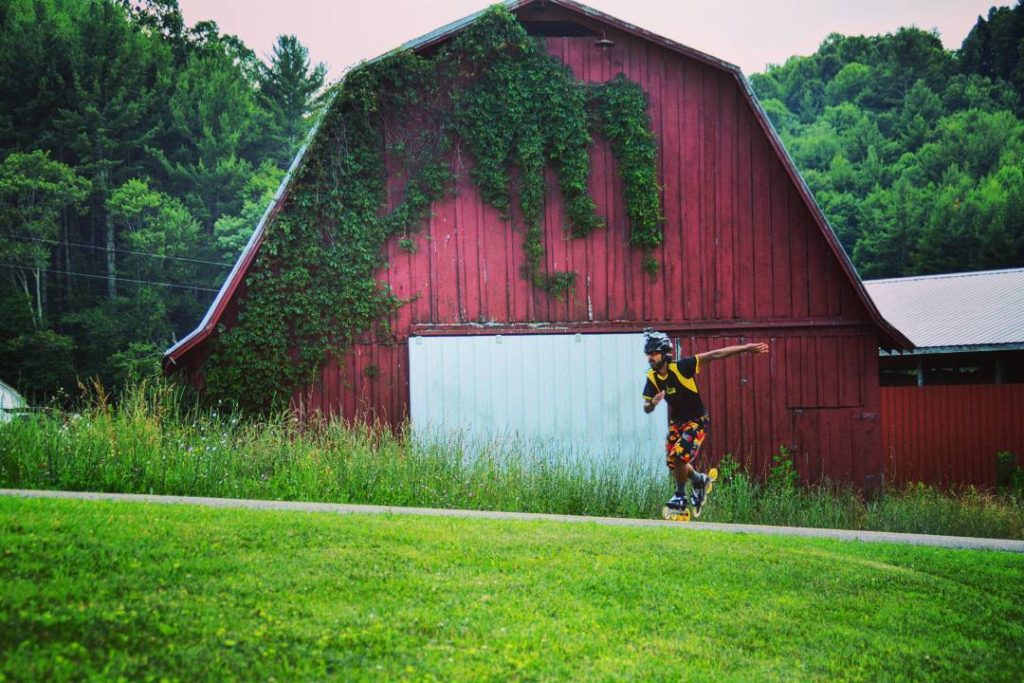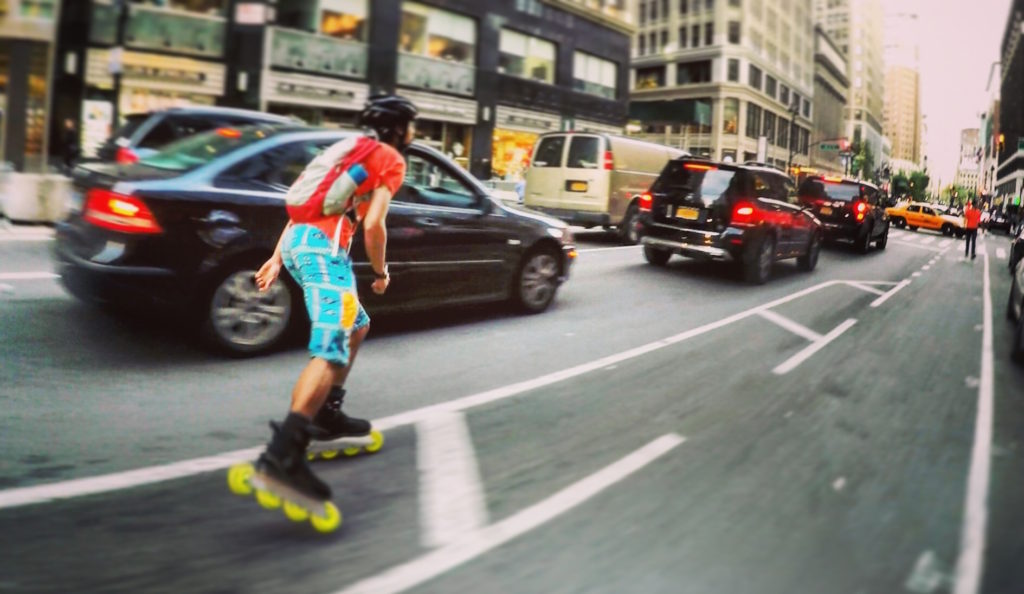
Becoming a better version of yourself isn’t easy and often feels like going up a hill. But with a few good techniques, what feels like a climb could be a stroll.
It’s almost a new year and like many of you, I’m setting resolutions to make for a better 2017. While it’s great to have audacious goals, it’s often difficult to follow through on them because some life changes require quite a bit of effort. But there’s a few tools that can make building new habits a lot more effective. One of my favorites is structuring resolutions as objectives and key-results (OKRs).
OKRs are a pretty effective and useful tool to help reach goals in work environments. The concept was invented at Intel and popularized at Google, and I used them extensively when working at the latter. They’re also effective for personal life goals. Here’s how they work: You have a general list of goals you’d like to achieve. These are the “objectives†and they more or less summarize what you’d like to achieve. We’re already good at making these since many new year’s resolutions are just a list of objectives (e.g. Eat healthy, get exercise). What’s missing though is the real important part: “key-resultsâ€, which are concrete, actionable, and measurable bits that accompany each objective. These are the specific items you focus on to reach that goal. So for the “get exercise†objective, we might have the key results: “Run at a moderate pace for 30 minutes 3 times a week†and “Do 100 pushups a dayâ€. If you can make them as concrete as possible, you’ll know exactly what you need to do, and whether you’ve done it.
The process of writing out OKRs isn’t always easy, and that’s because it forces you to figure out how you’re going to go about doing what’s necessary to achieve your goal. Conversely, writing out OKRs can also help you figure out what exactly it is that you really want to achieve. So instead of writing out objectives and then key-results to follow, you can write out a bunch of key-results (assuming you know a bunch of concrete actions you’d like to take), see what themes they share, and come up with an objective that unifies them. Or do a mix and match to improve the existing objective or to combine a couple of weak objectives into a strong one. So in the “get exercise†example above, we might decide to instead call it “Become strong like a gladiatorâ€. Doesn’t that sound a lot more inspiring?
Looking for another example? Here’s one of my objectives with key-results:
Establish a healthy relationship with media consumption and stimulation
– Read three books a month – at least 30 pages before going to bed and 10 when waking up, 5 days a week
– Read five quality articles a day – maintain a running list to read
– Watch one TED talk a day – maintain a running list, and watch during work breaks or meals
– Consume Facebook only during work breaks, and minimize overall consumption
– Avoid looking at junk media, and consume a quality piece (article, book, TED) instead
– Meditate for 20 minutes 5 days a week (e.g. during work breaks)
– Keep phone away from self when engaged in another activity – e.g. off nightstand when sleeping and away from desk when working
Now get to making for a solid 2017!








